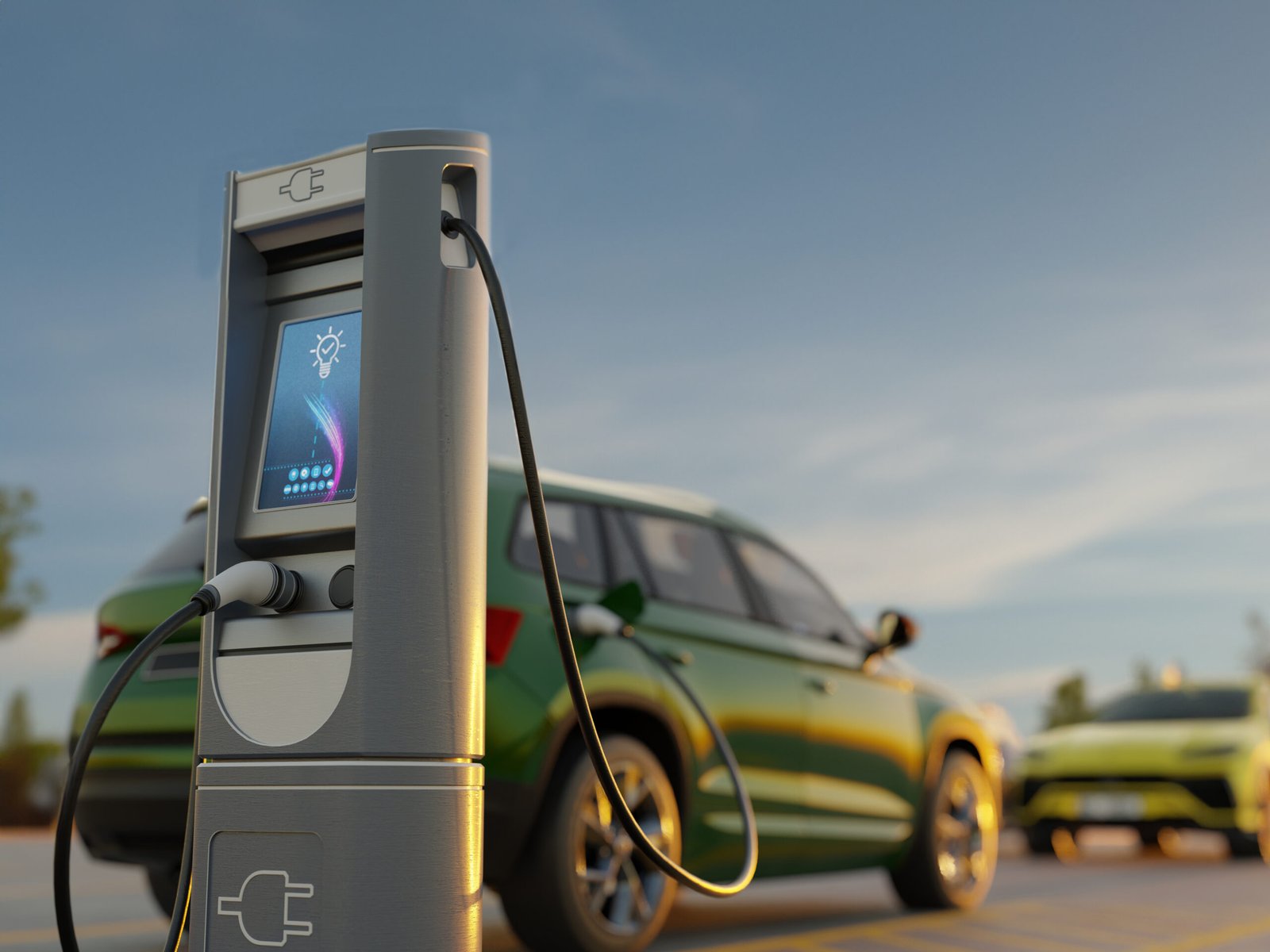Legislation that will open the door to more electric vehicle charging stations in Wisconsin passed the Assembly after being amended last week, sending it back to the state Senate before it can go to the governor’s desk.
If the Senate gives its final OK and SB-791 is signed by Gov. Tony Evers, it will allow businesses to sell electricity directly to customers charging their vehicles without being classified as a regulated utility.
Currently, charging stations can only collect revenue by charging EV users for the time a vehicle is plugged in — not by selling the electricity itself.
“It doesn’t make any sense for a gas station, convenience store or grocery store to be regulated as a utility when all they want to do is offer EV charging as a product for people who drive electric vehicles,” Sen. Howard Marklein (R-Spring Green) said at a public hearing Dec. 19, 2023. “They simply want to re-sell electricity to their customers by the kilowatt hour.”
To qualify for $78 million from the National Electric Vehicle Infrastructure program, established as part of the 2021 bipartisan infrastructure law, the federal government requires Wisconsin to start allowing EV-charging businesses to bill customers by the number of kilowatt hours of electricity the vehicle takes up in a charging session, said Joel Nilsestuen, Wisconsin Department of Transportation assistant deputy secretary, at the December hearing.
Passage of the bill was held up in the Assembly until late Thursday, when Rep. Mark Born (R-Beaver Dam) introduced an amendment that bars local governments from requiring developers to install EV charging facilities as a condition of getting a building permit.
The amendment passed, but the legislation must return to the state Senate for concurrence before it can go to the governor. The Senate is expected to hold another floor session in the first few weeks of March.
A second bill, SB-792, has passed both houses and now awaits Evers’ signature. It allows the DOT to collect the NEVI funds and make grants to private contractors to build charging stations on Wisconsin Interstate highways and select other major thoroughfares.
GET THE MORNING HEADLINES DELIVERED TO YOUR INBOX
[ad_2]
Source link




